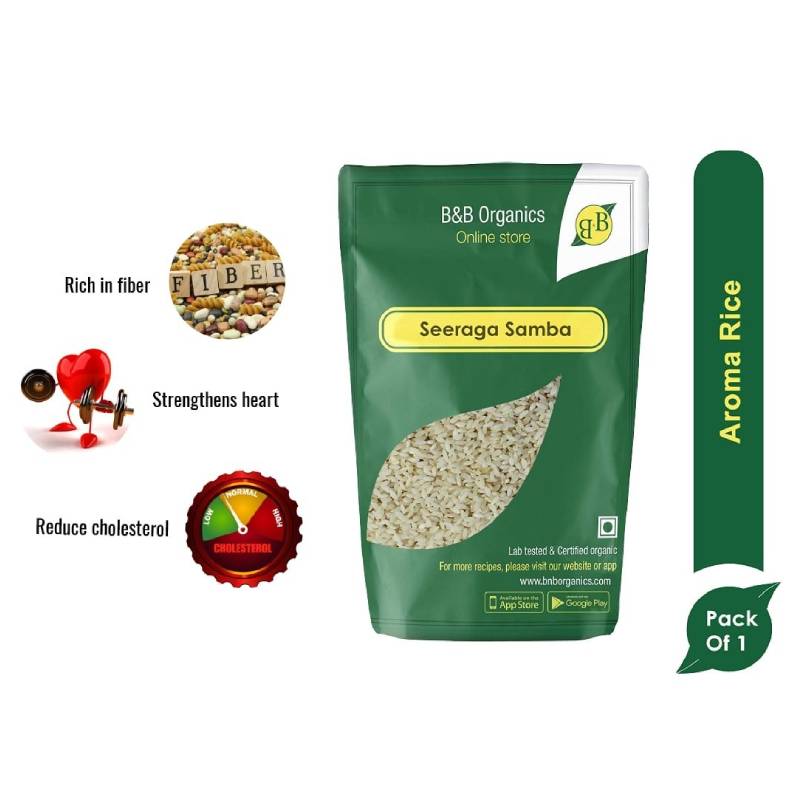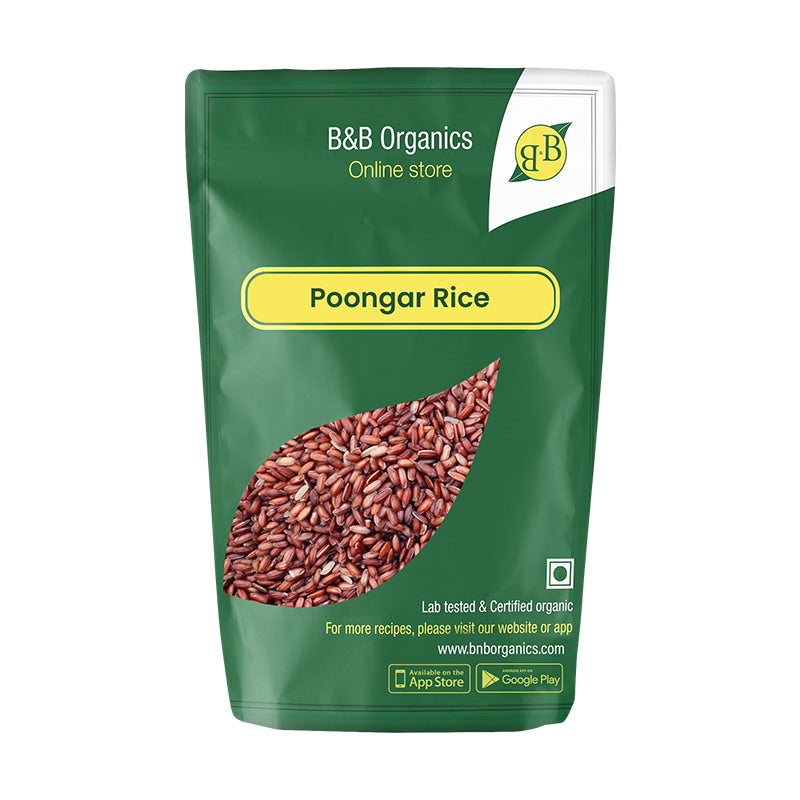Millets are a group of small-seeded grasses that have been cultivated for thousands of years and are widely consumed in many parts of the world. They are known for their nutritional benefits and are gaining popularity as a healthy alternative to rice and wheat, especially for people with diabetes. In this article, we will explore the benefits of millets for diabetes, their nutritional content, and how they can be incorporated into a diabetes-friendly diet.
Benefits of Millets for Diabetes:
Low Glycemic Index (GI): Millets have a low glycemic index, which means they are digested and absorbed slowly, leading to a gradual rise in blood sugar levels. This makes them an ideal choice for people with diabetes as they help maintain stable blood sugar levels.

High in Fiber: Millets are rich in dietary fiber, which helps regulate blood sugar levels by slowing down the absorption of glucose in the bloodstream. Fiber also helps improve digestion and promote a feeling of fullness, which can aid in weight management, a key factor in managing diabetes.
Rich in Nutrients: Millets are packed with essential nutrients, including vitamins, minerals, and antioxidants. They are particularly rich in magnesium, which plays a crucial role in glucose metabolism and insulin action, making them beneficial for people with diabetes.
Gluten-Free: Millets are naturally gluten-free, making them a safe and healthy alternative for people with gluten sensitivities or celiac disease, who are at a higher risk of developing diabetes.
Versatile and Easy to Cook: Millets can be easily incorporated into a variety of dishes, including porridges, salads, soups, and even desserts. They have a mild, nutty flavor that compliments both sweet and savory dishes, making them a versatile ingredient in the kitchen.
Nutritional Content of Millets:
Millets are a rich source of nutrients, including:

Carbohydrates: Millets are primarily composed of carbohydrates, which provide the body with energy. However, the carbohydrates in millets are complex carbohydrates, which are digested and absorbed more slowly than simple carbohydrates, helping to prevent spikes in blood sugar levels.
Protein: Millets are a good source of plant-based protein, making them an excellent choice for vegetarians and vegans looking to increase their protein intake. Protein is essential for muscle repair and growth, as well as for maintaining a healthy immune system.
Fiber: Millets are rich in dietary fiber, which helps regulate blood sugar levels, improve digestion, and promote a feeling of fullness. Fiber also helps reduce the risk of developing heart disease and stroke, which are common complications of diabetes.
Vitamins and Minerals: Millets are rich in vitamins and minerals, including magnesium, iron, phosphorus, and B vitamins. These nutrients play a crucial role in various bodily functions, including glucose metabolism, energy production, and immune function.
How to Incorporate Millets into a Diabetes-Friendly Diet:
There are several ways to incorporate millets into a diabetes-friendly diet:

Replace Rice or Wheat: Substitute rice or wheat with millets in your meals. You can use millets to make porridges, pilafs, and even bread.
Add to Salads: Add cooked millets to salads for an extra nutritional boost. Millets can add texture and flavor to salads, making them more filling and satisfying.
Make Millet Flour: Millet flour can be used to make rotis, pancakes, and other baked goods. Millet flour is gluten-free and has a slightly sweet flavor, making it a versatile ingredient in baking.
Snack on Millet: Roasted millets make a healthy and crunchy snack. You can season them with spices or herbs for added flavor.
Use Millet Flakes: Millet flakes can be used as a breakfast cereal or as a topping for yogurt or smoothie bowls.
In conclusion, millets are a nutritious and versatile grain that can be beneficial for people with diabetes. They are low in GI, high in fiber, and packed with essential nutrients, making them an ideal choice for maintaining stable blood sugar levels and overall health. By incorporating millets into your diet, you can enjoy their numerous health benefits while enjoying delicious and satisfying meals.











